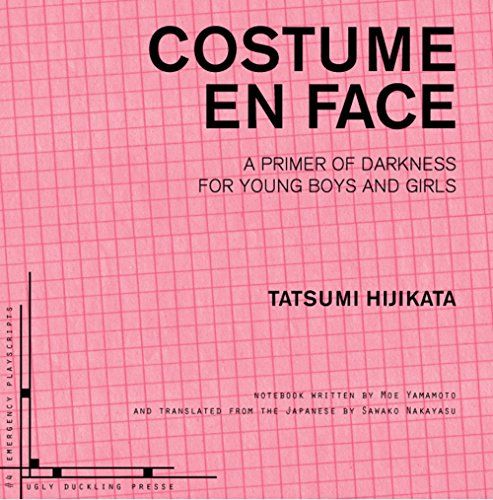We are thrilled to nominate the following six articles published during the past year for the Pushcart Prize. Please join us in giving a round of applause to both the authors and translators behind these incredible pieces.
At 997 words, Pedro Novoa’s devastating short story, “The Dive”, won Peru’s “Story of 1,000 Words” contest. Translating this nautical thriller cum family saga into English, George Henson made it an Oulipian exercise by keeping the English text under 1,000 words as well. Shimmering with poignancy, the multi-layered story delivers a powerful allegory about the blood ties that bind even when broken—the concatenation of islands we will nevertheless always be.
“To translate means, therefore, not only to exercise extreme vigilance over the movements of the original text, but above all to scrutinize the limits of one’s own language, as it creeps up to the original.” Via co-translators Rebecca Falkoff and Stiliana Milkova, Anita Raja’s magnificent essay frames “Translation as a Practice of Acceptance ” and argues that the translator’s greatest resource must be her own inventiveness.








